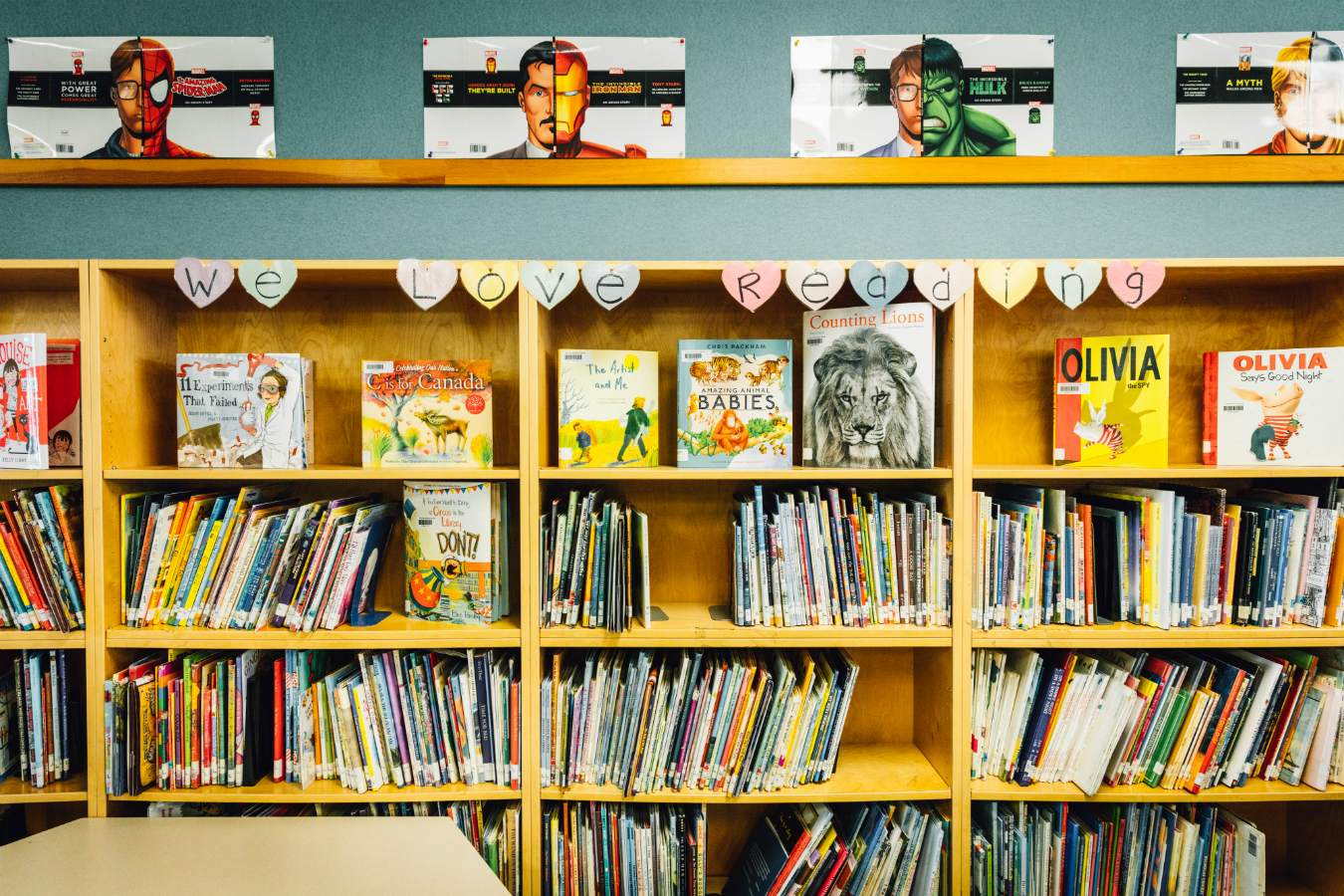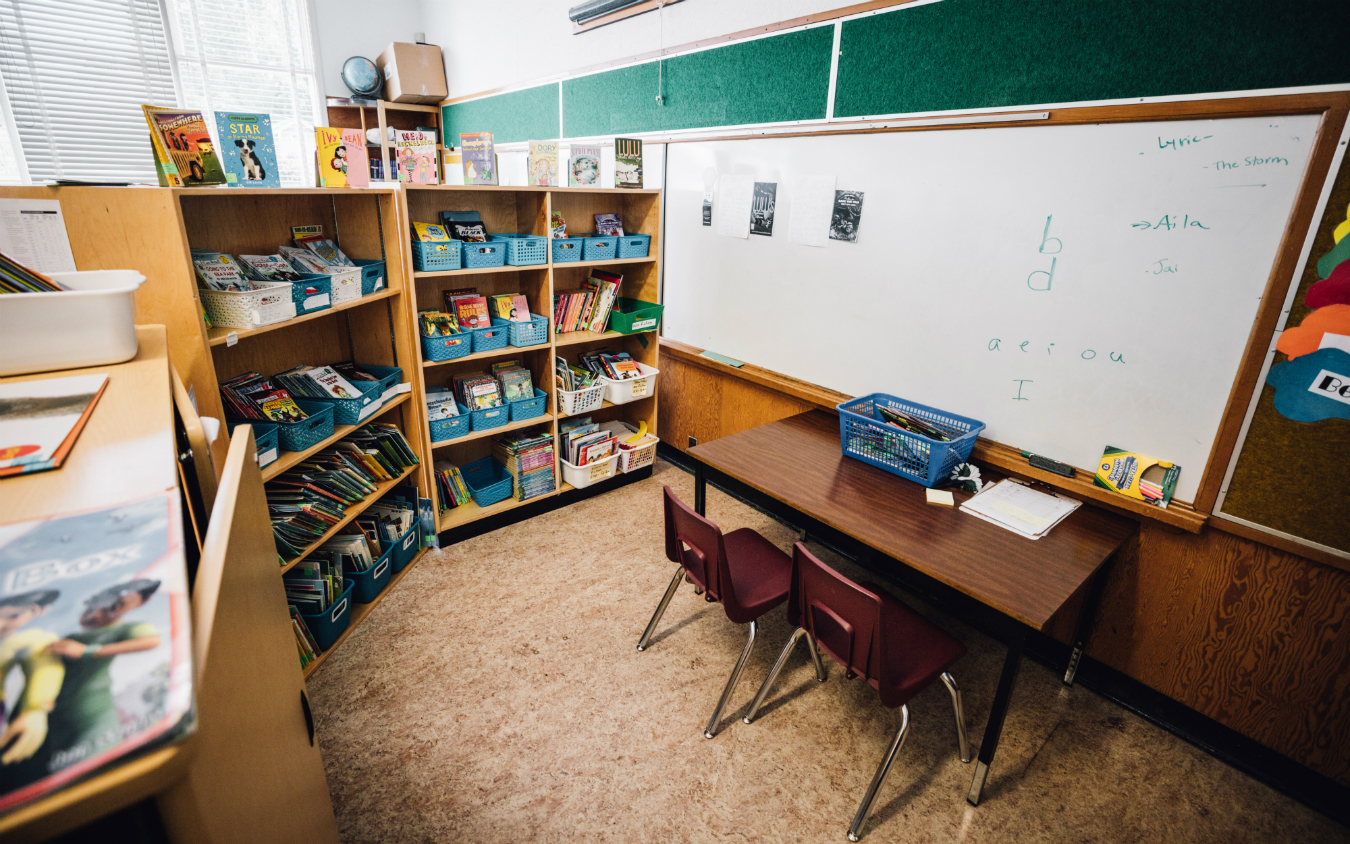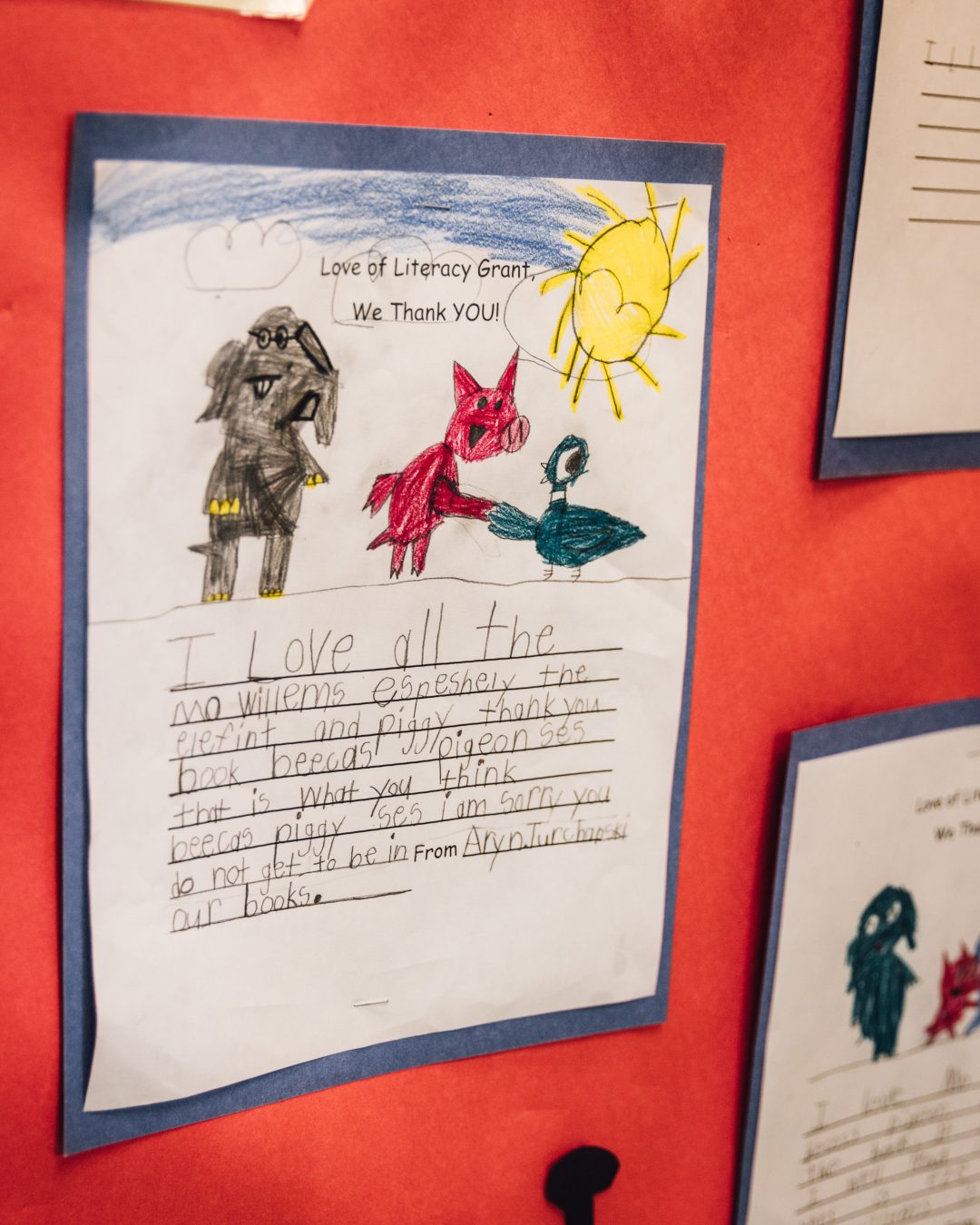Ariel Siller is fresh off a ferry from Nanaimo, where she had visited Fairview Community School, and savours a cappuccino at Café Calabria on Commercial Drive while expressing her unbridled enthusiasm for her work. She is the executive director of Indigo’s Love of Reading Foundation, which provides much-needed support and resources for increasing child literacy across Canada. Fairview is one of several schools that are recipients of the foundation’s Indigo literacy fund grants, which total $1.5 million each year, spread over 30 schools nation-wide.
“We are firm believers in early intervention, specifically at high-needs schools where the library shelves are shockingly empty,” Siller says. “Grade Three is crucial. Up to then, kids are learning how to read. But by the end of that grade, they are reading to learn. This means kids can fall behind, and if they do, it is very difficult to catch up. Being a confident reader early on is so important.” Kids who fall behind on literacy, she says, are four times more likely to drop out of high school.
Indigo CEO Heather Reisman initiated the foundation nearly 14 years ago. She had been asked to contribute some books to a school in Ontario, and she decided to actually visit the school to learn firsthand what the challenges were. What she saw was eye-opening: nearly empty library shelves; the scant books on-hand seldom relevant to current students; and teachers dedicated to literacy but needing to spend out of their own pockets for books. Reisman launched the foundation, and as Siller says, began “the process of building awareness about literacy.”
Schools apply for the cash grants, and part of the review process includes “alumni” schools reviewing the applications, though never in their home regions. That way, teachers become more and more aware of the literacy challenges that exist in all parts of Canada. “We live in an era where supposedly everything you need to know is online,” Siller says. “But we need to still teach our children what the differences are between reliable and unreliable information. Librarians are crucial in teaching critical thinking.” And there is something to be said for the act of holding a physical book.
These days, funding for all kinds of school programs are deeply challenged. So, every little bit helps. “We provide resources and support, certainly,” says Siller. “But where the schools and the educators take it from there is truly mind-blowing.”












